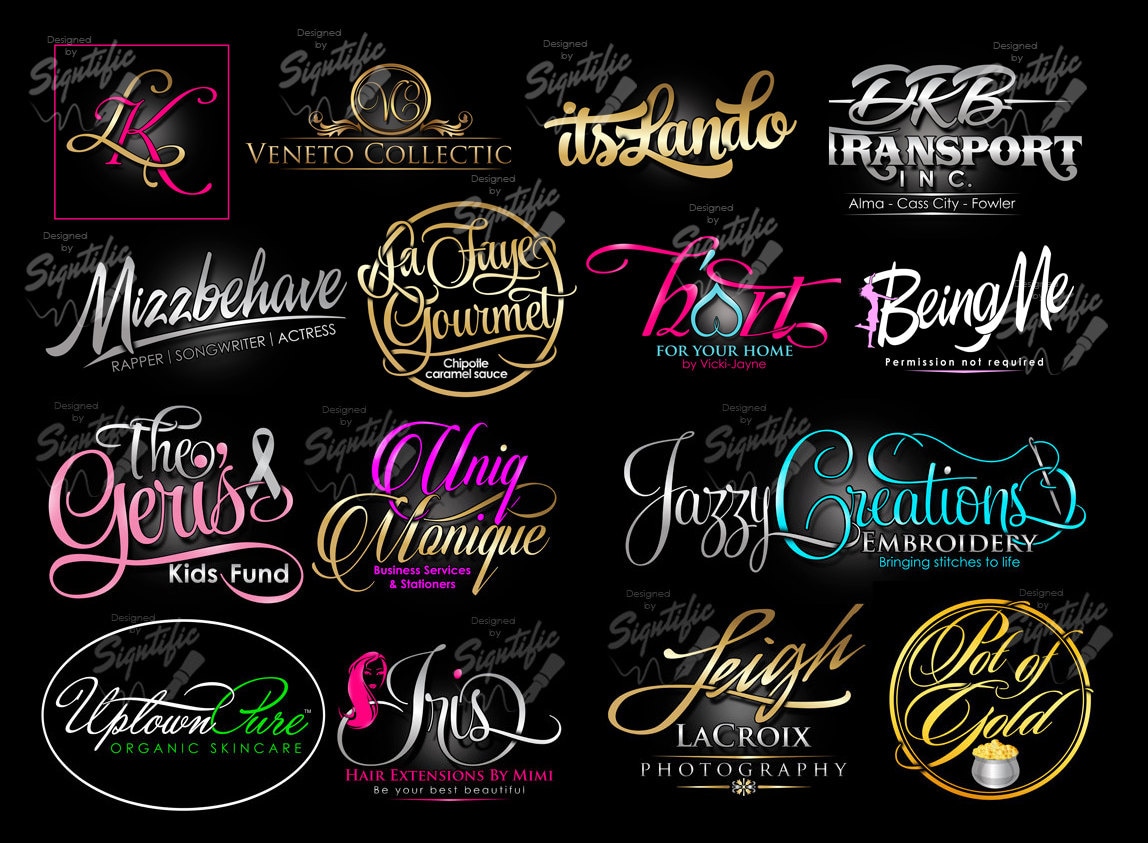Table Of Content

The writer seems to be grappling with the inevitability of change, both in themselves and others. It’s a universal theme that many can relate to – the struggle to hold onto the past while accepting the future. “Blue Hair” is a story wrapped in melody, a journey through youthful innocence and the harsh realities of growing up.
TV Girl prep new album, announce fall tour - Brooklyn Vegan
TV Girl prep new album, announce fall tour.
Posted: Tue, 16 May 2023 07:00:00 GMT [source]
Lyrics
The final chorus reflects upon the changes that have ensued since the girl cut her blue hair, even though she’s physically still present. It alludes to a shift in the dynamics of their relationship and a sense of longing for what used to be. The third verse introduces a vivid image of the girl’s hair being compared to cotton candy – something fleeting and easily consumed.
Did True Detective: Night Country episode 3 feature a ghost? - Polygon
Did True Detective: Night Country episode 3 feature a ghost?.
Posted: Sun, 28 Jan 2024 08:00:00 GMT [source]
Blue Hair Lyrics
In recent years, television has become an integral part of our lives, influencing cultures and societies worldwide. One intriguing element that often catches the eye is the portrayal of characters with blue hair in various TV shows. The “blue hair meaning TV girl” trend has piqued curiosity, leaving many wondering about the symbolism behind this unusual hair color. In this comprehensive article, we will delve into the subject, exploring the significance of blue hair in TV shows, its cultural representation, and the impact it has on viewers. In conclusion, “Blue Hair” by TV Girl is a captivating song that explores themes of fleeting connections and longing. Its clever lyrics, nostalgic sound, and relatable storyline have resonated with listeners worldwide.
TRENDING IN MUSIC
The meaning of the song is open to interpretation, and different listeners may have different opinions on what it means. But many, including us, see it as a commentary on the pressure that society puts on individuals to conform to certain norms and expectations. In 2021, TV Girl released a collaborative album with Jordana, a female singer, titled “Summer’s Over.” The album features a mix of indie pop and dream pop music and has received positive reviews from critics. Like many of the band’s previous songs, “Blue Hair” focuses on the fading romance between its narrator and a woman who has outgrown their youthful immaturity.
The band consists of Brad Petering (vocals, guitar, keyboards), Jason Wyman (keyboard, guitar, percussion), and Wyatt Harmon (drums). The band’s name is inspired by their preference for sampling content from 1960s-era television shows in their music. The blue hair symbolizes a phase of life, an identity proudly worn but impermanent in nature. As the character contemplates the questions of worth and prettiness, TV Girl underscores the futility in seeking validation from external constructs, which are as malleable and transient as a hairstyle. The tune unfolds a story that is ostensibly simple, yet laden with a subtext that speaks to the human condition—the struggle with identity, the impermanent nature of beauty, and the pangs of growing up.
Discover the story of the song > Blue Hair – TV Girl
Today, it has been established that a single gene is responsible for this, though the natives of the Solomon Islands also attribute their blond hair color to a diet rich in fish and sun exposure. Blonde hair is a rare color globally, occurring naturally only in northern Europe and America. However, it has also been seen in nearly 5-10% of the indigenous population of the Solomon Islands in the South Pacific, where the inhabitants predominantly have very dark skin.
The person is aging, which is a natural part of life, and the narrator acknowledges this fact. The person mentioned in the song asks the narrator for advice on how to be funny. Growth, an overarching theme of the song, is often synonymous with pain, the kind that comes from severing parts of our past. ‘And I tried to hold her / But it didn’t really last long,’ captures the essence of trying to keep things constant when every fiber of the universe is in flux. Old Time Music is proud to have such a passionate and talented team of writers who share their love for music with our readers. So with him deciding not to confront the matter, i.e. entertaining her negative self-image, she, already being psychologically affected, takes that as some sort of an insult.
“Blue Hair” by TV Girl is a song that beautifully captures the complexities of relationships, personal growth, and societal expectations. It serves as a reminder to stay true to ourselves, even if it means defying societal norms. I hope this article has shed some light on the meaning behind this incredible song. "Blue Hair" by TV Girl explores themes of identity, self-perception, and the passage of time.
This echoes “The Blonde” from their debut album, an ode to how much more favorably blondes are looked at in our society. In the second verse, the narrator reflects on the girl’s insecurities, noting that society tends to label her as a “dumb blonde” despite her efforts to prove otherwise. This verse highlights the pressure that society places on individuals to conform to certain ideals of beauty and intelligence. So when she cut it off, that was also symbolically the period in which she and Brad could no longer connect.
Yes, several artists have created their own remixes or covers of the song, showcasing its enduring popularity. @@snailsrslow625 you're literally shaming people for connecting this song with self-harm. The person is now living with a boy who behaves appropriately for his age, indicating that she has moved on and found someone more compatible.
Let’s delve into the multilayered musings of ‘Blue Hair’ to unearth the poignant message braided into its melody. So the next time you listen to “Blue Hair,” take a moment to reflect on your own experiences with change and personal growth. Today, I want to talk about a song that holds a special place in my heart – “Blue Hair” by TV Girl. I first stumbled upon this gem during a late-night hangout with friends, and I was immediately captivated by its catchy melodies and thought-provoking lyrics.
There have been many interpretations of the song’s meaning, with some suggesting that it is about suicide, drugs, or hair itself. However, a more likely interpretation is that the song is a poignant examination of the societal pressure to conform to beauty standards. The protagonist’s blue hair represents her non-conformity and her desire to be unique, but she feels like a fraud and believes that she has to cut off her blue hair to fit in.
Red hair has always had significant standing in society and has been represented in the artworks of Michelangelo. “Blue Hair” is included on TV Girl’s album “Who Really Cares,” released in 2016. TV Girl’s music often includes references to pop culture, but “Blue Hair” doesn’t contain any specific cultural references.
The allusion to the cotton candy hair—’And just as quick to get licked away’—suggests a sweet but fleeting experience, paralleling the fleeting nature of youth and former selves. It is a reminder of how quickly things can dissolve before our eyes, leaving us to cling to their saccharine aftertaste. As the song progresses, we learn about the narrator’s relationship with a girl who dyes her hair blue.

And now the addressee has moved on to date “a boy who acts his age”, i.e. a likeminded individual who would agree that rockin’ blue hair is a no-go. In Europe, the red hair color is valued and respected, and nearly 10% of people in Scotland and England have red hair. In the UK, redheads are bullied or teased with words like “ginger,” which some consider racist remarks. The ethereal nature of blue hair adds an element of mystique to TV girls, making them appear otherworldly and intriguing.
In that, ‘Blue Hair’ stands as a delicate tribute to the endless cycle of becoming and unbecoming, which composes the very heart of our existence. Ultimately, ‘Blue Hair’ is an anthem of acceptance, a melodic embrace of the inescapable tide of change that sweeps us all. TV Girl constructs a musical narrative that not only acknowledges the pain of transformation but also hints at the freedom that comes with the letting go. Nostalgia paints our memories with a romantic filter, and TV Girl capitalizes on this through the reminiscing nature of the song. ‘I guess I’ll just miss her’ touches upon the tendency to mourn the past versions of ourselves and others, even when the essence remains intact. TV Girl is yet another musical act whose stage name is an act of misdirection, in that the members of the band – frontman Brad Petering buttressed by keyboardist Wyatt Harmon and drummer Jason Wyman – are all guys.


















